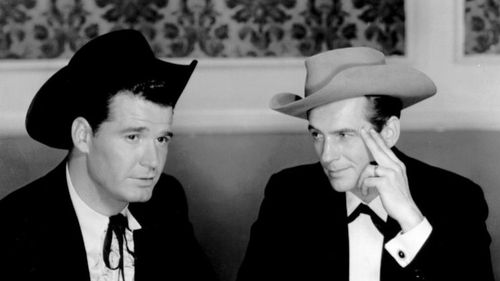Pascal's Wager: Do You Dare To Take It?
Jun 30, 2023 · 2 mins read
0
Share

Child prodigy Blaise Pascal developed probability with Fermat, invented the hydraulic press (“Pascal” is a unit of pressure), and created one of the first calculators. But at 31 a mystical experience saw him give up math and science and devote himself to spirit and philosophy.
Save
Share
Pascal felt it his mission to rebut the nonchalant, irreverent worldview of Montaigne, and the overly rational stance of Descartes. His book Pensées (1660) contains the famous “Pascal’s wager” on the existence of God.
Save
Share
Pascal drew on his mastery of probability and mathematics to create his wager. He starts with the question of whether God exists. This is something which reason can never provide an answer for, and something which it cannot confirm either way.
Save
Share
But surely, Pascal reasons, we would be mad not to take a chance in a game in which there was potentially so much to gain (“an eternity of life and happiness”), and so little to lose (a belief proved wrong). “If you gain, you gain all; if you lose, you lose nothing.”
Save
Share
Pascal foresaw that in a secular age, the default position for most people would be, “I have no reason to believe, so I don’t”. He himself had seen enough bad things to suggest that there was no God.
Save
Share
Yet not believing brings despair, darkness, confusion and error. To go beyond doubt is in Pascal’s mind a great human achievement. He sees two kinds of people: the humble type who cheerfully believed, and the “smart” type who falls for a lazy, ironic doubting of everything.
Save
Share
Pascal observes that people do crazy things for love, and it “disturbs the whole earth, princes, armies, the entire world”. We spend precious days “chasing a ball or a hare” in order to avoid contemplation: “All man’s miseries come from not being able to sit alone in a room”.
Save
Share
Our best moments are those spent examining our motives and our purpose, since they correct wrong action and open us up to divine order, truth and intention. Man is potentially great because he can recognize his own wretchedness, something a dog or a tree cannot do.
Save
Share
Humans have concupiscence (a natural lust for people and things), but believing we are merely smart animals debases us. The goal of life is to accept the fact of the body and our natural inclinations, and still recognize our divine origins.
Save
Share
Bottom line: Pascal’s background in science made him clear-minded. As he had little to lose by a belief in a higher power, and plenty to gain if it was true, it was rational that he believed.
Save
Share
0